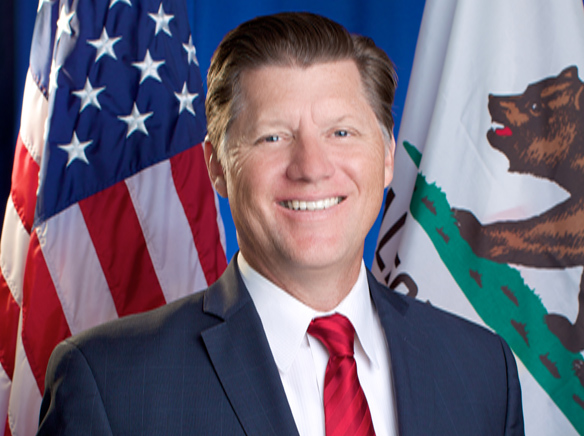By Lee H. Hamilton
We often think of foreign and domestic policy as two distinct fields. But for an American president, they are tied together. And as the Biden administration moves forward on its priorities, this is likely to become clear.
The reason is that what we do in one area has an impact on what we can do in the other. If we are not strong economically and politically at home, we are weaker in the world. And at home, Americans tend to believe that we have much to contribute to the world and that it can be a better place because of American participation and leadership.
Still, our challenge is plain. Under President Biden’s predecessor, American prestige, power, and influence all were battered. We are weaker abroad now than we were. To come back from this, we must reinvigorate our alliances, reassert our democratic ideals, and make clear that an erratic, improvisational foreign policy is behind us.
What might this look like specifically? First, it means committing to continued US global leadership. Regaining it is going to take hard work, given how far the US’s global reputation has fallen.
Cooperating with the multilateral community is crucial. Moving away from the previous administration’s unilateralism and enlisting our friends in facing the big challenges we face, especially our relations with China, a fast-growing superpower, and Russia, a major regional power with nuclear weapons, will require a deft mix of both cooperation and firmness of purpose.
Similarly, how we relate to our neighbors Canada and Mexico needs to be much more than an after-thought. We do not face the threat of war or hostilities from either north or south. Sustaining good relations has been a key part of this, and it is something our allies elsewhere note with envy.
Finally, caution in all its forms should be key to the Biden administration’s approach: restoring deliberation to how we conduct our affairs, avoiding wars and military intervention, making certain that we husband our natural and human resources.
In a recent interview in The New Yorker, Council on Foreign Relations President Richard Haass noted that President Biden takes over “at a time when what happens in the world matters enormously to America’s domestic well-being, but also at a time when U.S. influence in the world is much diminished.” The path forward is tricky—and we all have a stake in how the Biden administration pursues it.
Lee Hamilton is a Senior Advisor for the Indiana University Center on Representative Government; a Distinguished Scholar at the IU Hamilton Lugar School of Global and International Studies; and a Professor of Practice at the IU O’Neill School of Public and Environmental Affairs. He was a member of the U.S. House of Representatives for 34 years.














